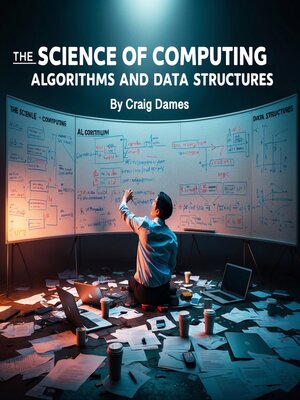
Sign up to save your library
With an OverDrive account, you can save your favorite libraries for at-a-glance information about availability. Find out more about OverDrive accounts.
Find this title in Libby, the library reading app by OverDrive.



Search for a digital library with this title
Title found at these libraries:
| Library Name | Distance |
|---|---|
| Loading... |
Computing has become an integral part of modern society, shaping various industries, scientific research, and everyday life. At its core, computing involves the use of computers and algorithms to process data, solve problems, and automate tasks. This chapter provides an overview of computing and the fundamental principles of computational thinking, which form the foundation for problem-solving in the digital age.
Computing encompasses both hardware and software components. Hardware refers to the physical devices, such as processors, memory units, and input/output devices, that perform computational tasks. Software, on the other hand, consists of programs and algorithms that instruct hardware on how to process information. The evolution of computing has led to significant advancements, from early mechanical calculators to modern high-performance computing systems capable of handling vast amounts of data.
Computational thinking is a problem-solving approach that involves breaking down complex problems into manageable parts, recognizing patterns, and developing step-by-step solutions. It consists of several key principles, including decomposition, abstraction, pattern recognition, and algorithm design. Decomposition involves dividing a problem into smaller, more manageable sub-problems. Abstraction focuses on identifying relevant details while ignoring unnecessary complexity. Pattern recognition allows problem solvers to identify similarities between different problems, enabling efficient solutions. Algorithm design involves creating a set of well-defined steps to achieve a specific outcome.







